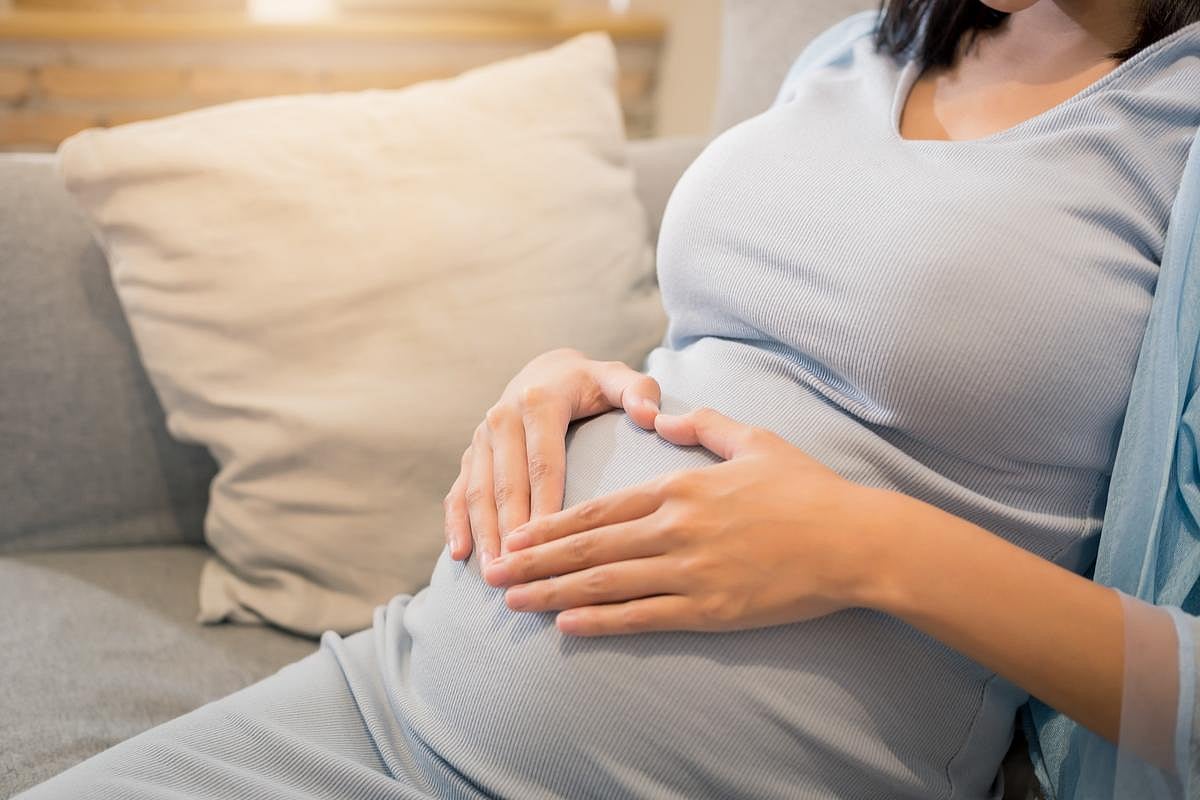Manténgase sano!

- Dennis Thompson
- Posted July 17, 2025
Some Newer Antiseizure Meds Safer During Pregnancy
Some newer antiseizure medications appear to be safer for pregnant women to take without risk of birth defects, a new study says.
Second-generation antiseizure drugs like levetiracetam, oxcarbazepine, gabapentin and zonisamide did not show an increased risk for birth defects, researchers reported July 16 in the journal Neurology.
On the other hand, the study confirmed the known risk of birth defects found in older antiseizure meds, and found risk in some newer drugs.
"Our results confirm that using valproate, phenobarbital or topiramate during early pregnancy is linked to a higher chance of major birth defects in the infants when compared to lamotrigine,” a second-gen drug used as a risk reference, lead researcher Dr. Sonia Hernandez-Diaz, a professor of epidemiology with the Harvard T.H. Chan School of Public Health in Boston, said in a news release.
Women taking valproate had more than five times the risk of birth defects compared to those on lamotrigine, results show. Women taking phenobarbital had nearly three times the risk, and those on topiramate had over twice the risk.
These results are important, given that it’s crucial to keep seizures caused by epilepsy and other conditions under control during pregnancy, Hernandez-Diaz said.
“Seizures can lead to falls and other complications during pregnancy, so seizure control for those with epilepsy is crucial to protect the health of both the mother and child,” she said.
“While some older drugs are known to increase the risk of major malformations, less is known about the safety of newer ‘second generation’ medications,” Hernandez-Diaz said.
For the study, researchers tracked the pregnancies of more than 7,300 women taking an antiseizure drug, and compared them to more than 1,300 women not on the meds.
They looked for evidence of birth defects, including cleft lip, larger-than-normal holes in the heart, spinal cord issues, missing or underdeveloped limbs, and other problems where parts of the body didn’t form correctly.
Risk of major birth defects varied among the drugs. Valproate had the highest risk, with birth defects in 9% of infants exposed, followed by phenobarbital at 6%.
Among newer drugs, birth defects occurred in 5% of babies exposed to topiramate and 2% of those exposed to lamotrigine, results show.
“Our results did not show an increased risk with medications like levetiracetam, oxcarbazepine, gabapentin and zonisamide,” Hernandez-Diaz said. “For lacosamide and pregabalin, the data wasn’t clear enough to make solid conclusions, so more research is needed."
The results provide “valuable information for health care providers and people who may become pregnant to make more informed decisions about the use of these medications during pregnancy,” she concluded.
More information
The Epilepsy Foundation has more on antiseizure medications during pregnancy.
SOURCE: American Academy of Neurology, news release, July 16, 2025







